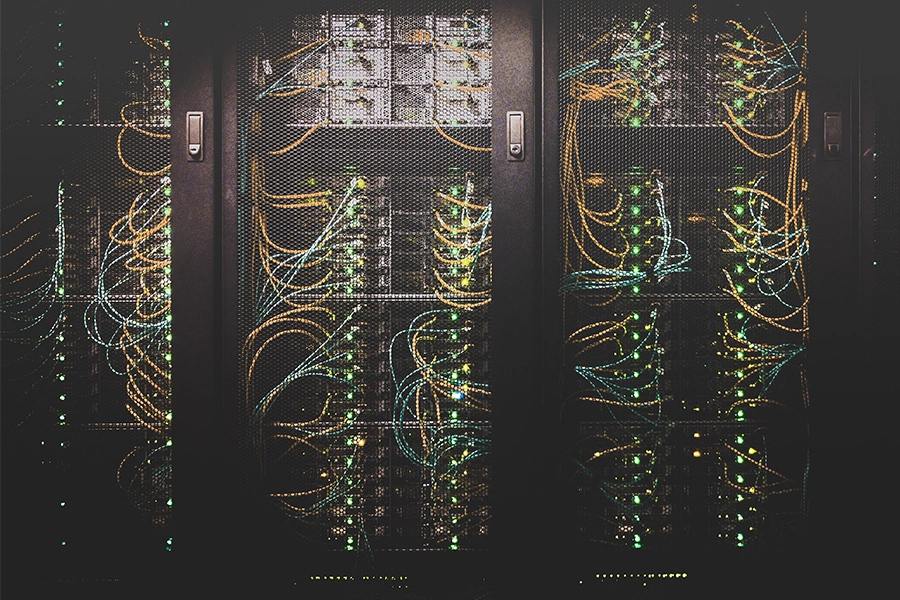Have you ever considered the hidden costs to being a landlord and investing in property?
As a UK landlord, there are a few different legal requirements and preparations you’ll have to fulfil before you can let your property, and it’s important to be aware of these costs.
Admin fees for landlords:
A common admin fee is listing a property onto a property site. Some sites are free; however, many require a payment because they require you to go through a letting agent. Not only this, but during quiet periods you may wish to boost your listing to more people.
Having a letting agent means you can choose to get a full management service or pick and choose which services you want the agent to take off your hands. Some of these services involve:
- advertising the property
- conducting viewings
- end-of-tenancy cleaning
Safety certificates for landlords:
There are several safety certificates you must receive before your first tenants move in. These can come at a small cost but they are classed as legal requirements, so it is really important that these aren’t overlooked.
- If you have a property that operates using gas, you must arrange for a Landlord Gas Safety Record document. This proves your property’s gas appliances are safe. This document needs to be renewed annually!
- An Energy Performance Certificate (EPC) showing the property’s energy efficiency – this is valid for 10 years and costs up to £120.
- An Electrical Installation Condition Report (EICR) is required if your property is in England or Northern Ireland. An EICR proves that electrical appliances and fixtures are safe. This is valid for 5 years and the price varies based on the size of the property you are renting out.
- You must also ensure that all smoke and carbon monoxide alarms are fitted and tested before the property can be inhabited.
Maintenance costs for landlords:
These can sometimes be the hardest to plan for. Most maintenance comes in the form of wear-and-tear repairs, accidental damage, cleaning or redecorating. To ensure you are more prepared for these costs, speak to your accountant about cash flow forecasting. This is a way to plan for the future by saving money where you can. Forward planning may also involve a maintenance timetable, where you schedule time out to inspect area of the property that may need changing, fixing or maintaining.
Tax costs for landlords:
As a landlord, if you earn more than £1,000 in property rentals each tax year, you’ll need to file a Self-Assessment tax return for the tax year, which runs from 6th April until the following 5th April.
You’ll need to pay Income Tax on your rental income (plus any other income you earn, such as from a job or self-employment) minus allowable expenses. Allowable expenses can include many of the costs listed above, like repairs, letting agent fees, and insurance. For more information on allowable expenses that you can claim back on your property, make sure to check out our other blog post – Some Common Expenses You Can Claim on Your Rental Property!
If you feel property investment and becoming a landlord is the right move for you, make sure you are aware of hidden costs and fees you will need to organise. Planning is the best way to make sure you are up-to-date and ready for the investment. For advice and support get in touch with us today! To get in contact with us, email info@future-cloud.co.uk or give us a call 01636 337069.


